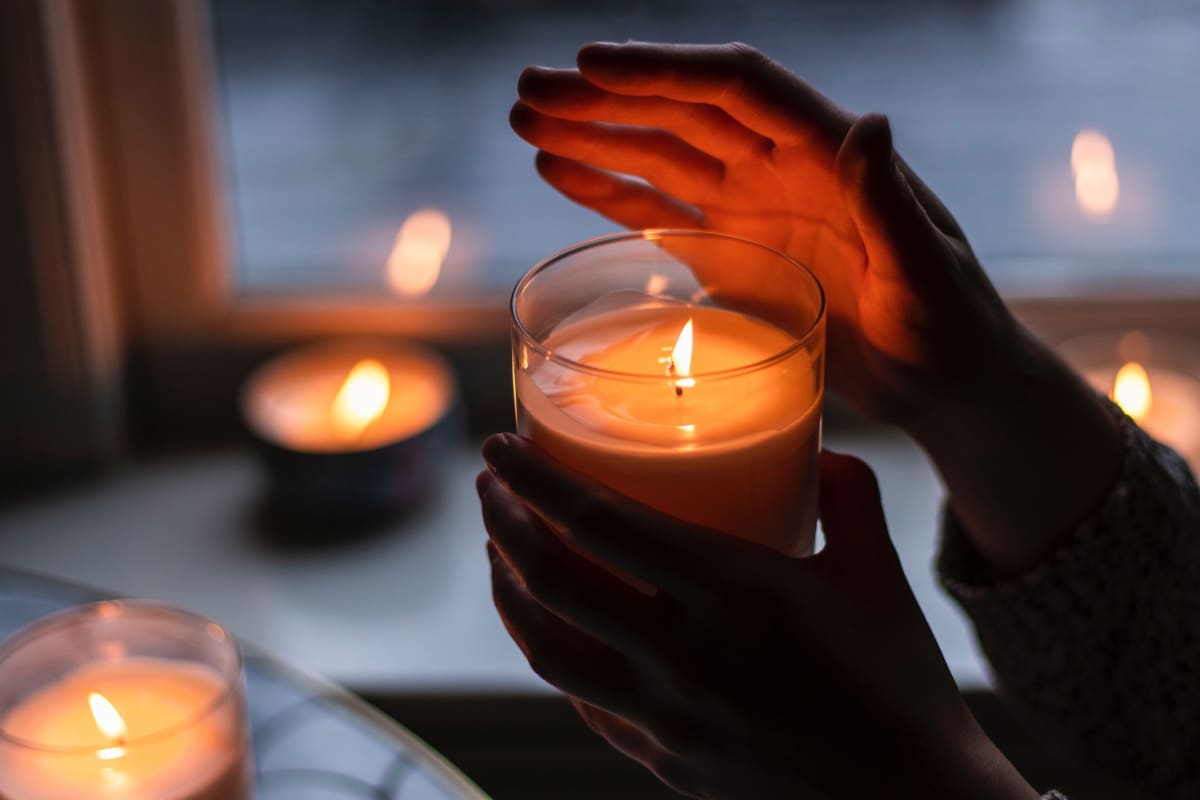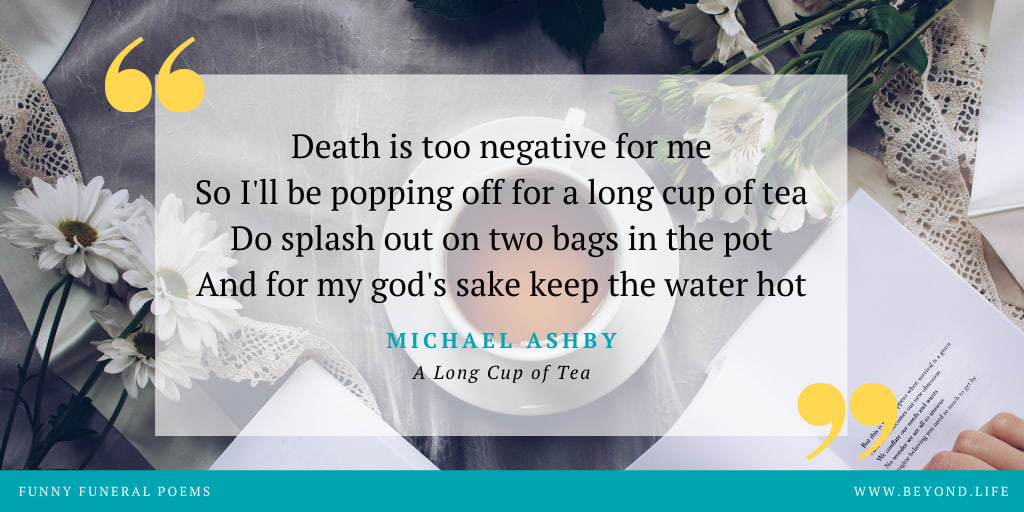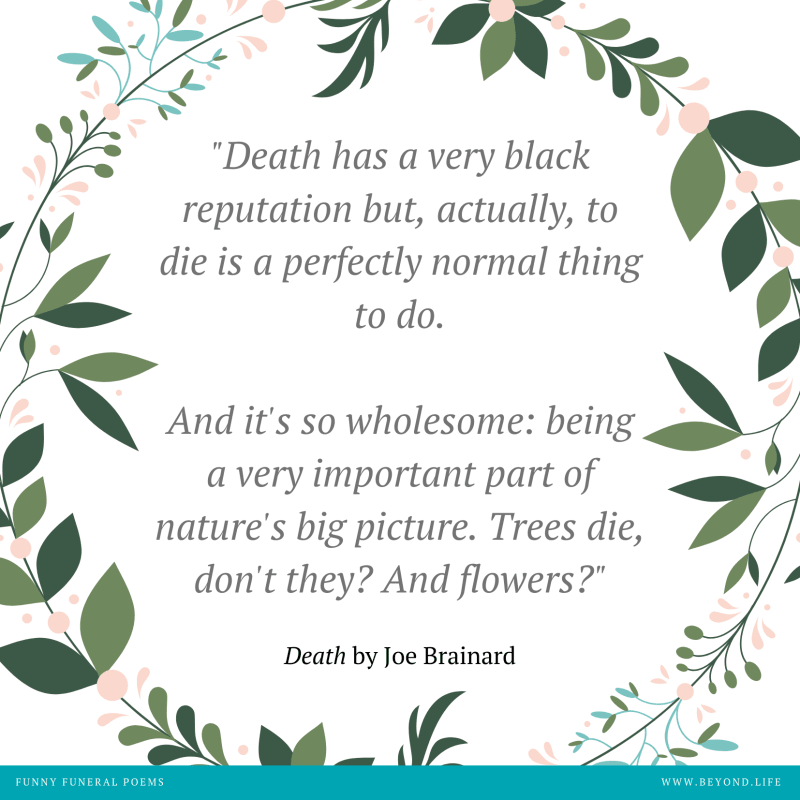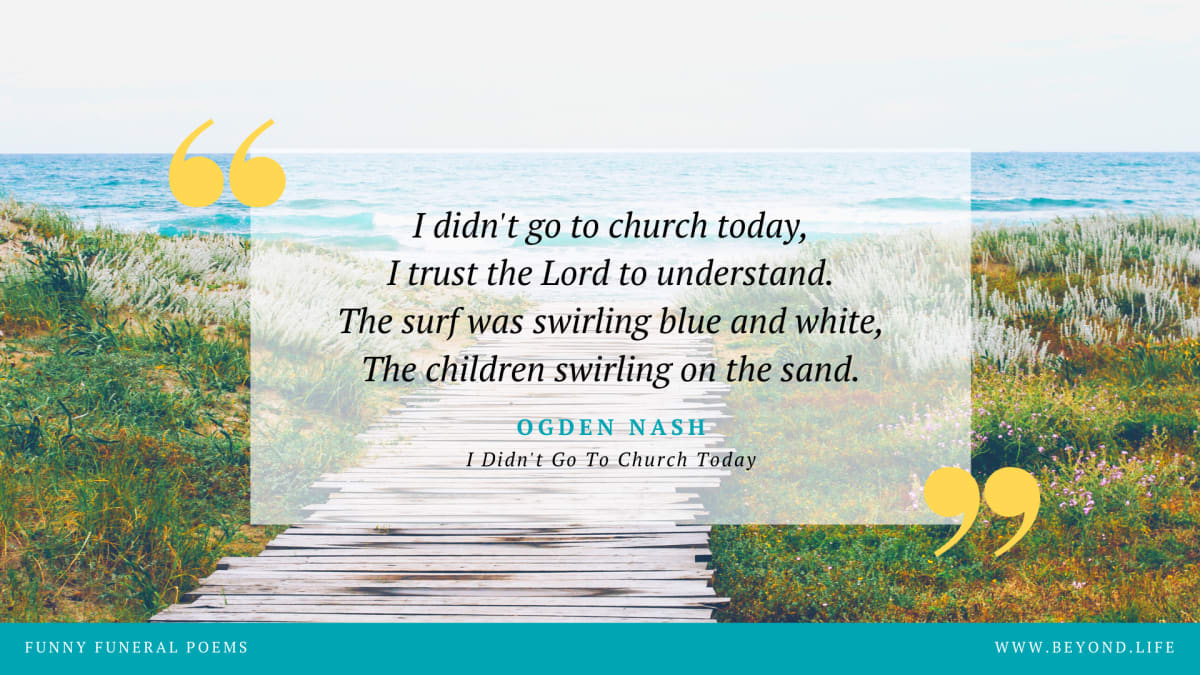
The Covid-19 outbreak means that many of us won’t be able to attend funerals this spring. These rules are important — they keep us, and our loved ones, safe — but it can be hard to grieve without having a way to pay your respects and say goodbye.
So, what can you do, if you can’t go to the funeral? We’ve created this round-up to help you find your own way to say goodbye from home.
10 ways to honour someone if you can’t go to their funeral
Not everything on the list here will work for everyone. Just go with what suits you, and forget the rest. And if you have advice or an experience to share, please do add it in the comments and help others.
Make space to mourn
 On the day of the funeral, clear some space in your home (or garden!) to spend time in while the funeral happens.
On the day of the funeral, clear some space in your home (or garden!) to spend time in while the funeral happens.
You might like to bring in some photos or mementos that remind you of them. Light a candle or two, if you have some. Let the people you live with know you need some time to mourn, so that they know to be quiet if they’re not going to be with you.
When the funeral begins, you can simply sit and have a moment of peace here. You can think about the person who died or talk to them. Or you could…
Watch a funeral live stream
It may be possible for the family to set up a live video stream of the funeral, so that you can watch the service from home.
It’s worth rehearsing this beforehand if you’ve not used the platform before. Remember that some free platforms have a limit on viewers and on broadcast length. And mute yourself if you’ve not been asked to speak — you don’t want background noise wafting through the speakers at the service.
Plant something in their memory
 If you have a garden, you could plant some flowers, a tree or a bush in memory of the person who has died. While garden centres are mostly closed, it’s still possible to have plants delivered.
If you have a garden, you could plant some flowers, a tree or a bush in memory of the person who has died. While garden centres are mostly closed, it’s still possible to have plants delivered.
Say a few words, if you like, or bury a letter or a memento. In the weeks to come, stop by the plant to water and have a moment of quiet to remember.
If you don’t have a garden, but like the idea, you can donate to the Woodland Trust to dedicate a tree to their memory. You’ll be able to come and visit the tree once the current government measures have been lifted.
Write a eulogy or a letter to the person you’ve lost
What would you have said, if you had been able to speak at the funeral? Write it down now. You could draft a eulogy — a story of their life, from beginning to end — or share a single perfect memory. Or you could write to the person who has died, and say something you’ve always been meaning to say.
You can send these thoughts to the family of the person who has died, if you want. Or read what you’ve written out loud, perhaps on a video call with other people who knew them. You could even ask the funeral director to place your letter in the coffin before the funeral.
Create a playlist of their favourite music
 You can use Spotify or Youtube to create a playlist of your loved one’s favourite songs, or just music that reminds you of them. Have a listen throughout the day. If you like, you could even share it online with friends and family.
You can use Spotify or Youtube to create a playlist of your loved one’s favourite songs, or just music that reminds you of them. Have a listen throughout the day. If you like, you could even share it online with friends and family.
You can even sing along! One of the benefits of staying home is that no one is there to hear you. And it might help you feel better.
Donate to a cause they loved
At a time when it’s not always possible to send flowers, donating to a charity is a great alternative. Give whatever you can spare — every little really does help. Choose a cause that was close to the heart of the person who has died, or something they’d approve of.
With the family’s permission, you could also set up a memorial crowdfunding page to boost donations. Create one for free on Beyond here.
Create art to express your feelings
 Art can be very therapeutic during a tough time. It doesn’t matter if you’re not very good: the point is to express yourself. No one else has to see it. Paint, draw, write poems, compose music — whatever helps you relax.
Art can be very therapeutic during a tough time. It doesn’t matter if you’re not very good: the point is to express yourself. No one else has to see it. Paint, draw, write poems, compose music — whatever helps you relax.
This is a particularly good option if you have kids in the house who are also grieving. Spend time together as a family drawing pictures for the person who has died, or decorating cards, or making collages with (copies of) old photos of them.
Do something nice for their family
Self isolation and social distancing measures are crucial, but they do make it hard to comfort grieving friends.
For now, concentrate on all the things you can do.
Ring them to talk, often. Drop off groceries, get meals delivered, order them a present online. Write letters, and emails, and set up a regular video call. Wave at them from outside the window as you go by the house. Anything that shows you’re thinking of them is good.
Learn to do something they loved
 One of the strangely positive side effects of the coronavirus measures is that many of us now have oodles of free time. And a great way to use that time is to learn to do something that the person you lost enjoyed.
One of the strangely positive side effects of the coronavirus measures is that many of us now have oodles of free time. And a great way to use that time is to learn to do something that the person you lost enjoyed.
Cook all their favourite recipes until you’re a master. Start learning an instrument, or brush up on a second language they were good at. Teach yourself to knit, if they knitted, or take up bird watching (in the garden) if that was their thing. Anything that helps you feel close to them.
Throw an (online) wake in their honour
If you’re at home with the family, you could do this together. If you’re alone, try arranging a video call with other friends and family who were close to the person who has died.
You don’t have to have a formal structure for this. You could just call and have a chat. But one idea is to take it in turns to raise a glass of their favourite beverage and make a toast in memory of the person you’ve lost. Share stories, laugh, cry — all the things you’d usually have a chance to do at the wake.
And remember: you can always turn the camera off to have a bit of a cry in private. Blame it on patchy wifi.
Remember, help is available
Losing someone you’re close to is always painful. And now is a particularly hard time to be going through this. If you need someone to talk to:
- Cruse Bereavement Care offer free advice for bereaved people and a support line to chat: 0808 808 1677.
- The Samaritans help line is open 24/7 if you’d just like to talk: 116 123.


 Pardon Me For Not Getting Up
Pardon Me For Not Getting Up

 Death
Death


 Death
Death



 Microsoft Word is your friend, says Clive, who recommends putting the whole speech in size 16 or 18 font to make it easy to read. Add double spaces after full stops and keep paragraphs to six lines or less.
Microsoft Word is your friend, says Clive, who recommends putting the whole speech in size 16 or 18 font to make it easy to read. Add double spaces after full stops and keep paragraphs to six lines or less. “The number one thing people worry about is emotion,” says Melanie Sopp, interfaith minister. “The idea that ‘I won’t be able to hold it together and I’ll cry and it will be a mess.’ But it’s natural to be emotional.”
“The number one thing people worry about is emotion,” says Melanie Sopp, interfaith minister. “The idea that ‘I won’t be able to hold it together and I’ll cry and it will be a mess.’ But it’s natural to be emotional.”